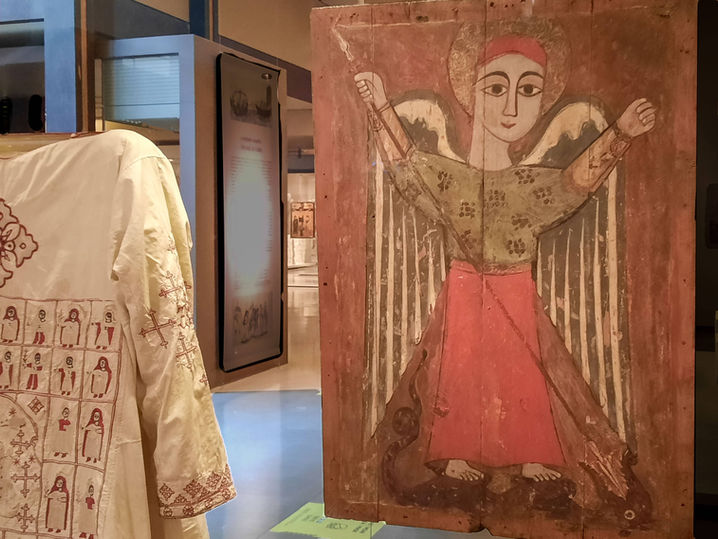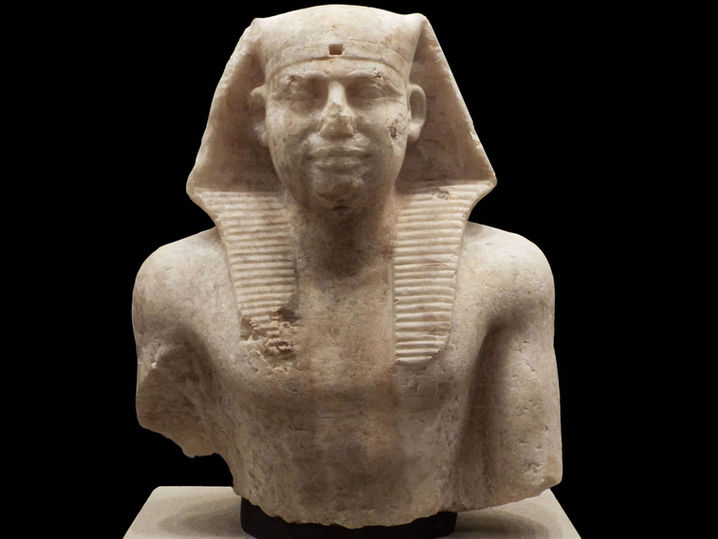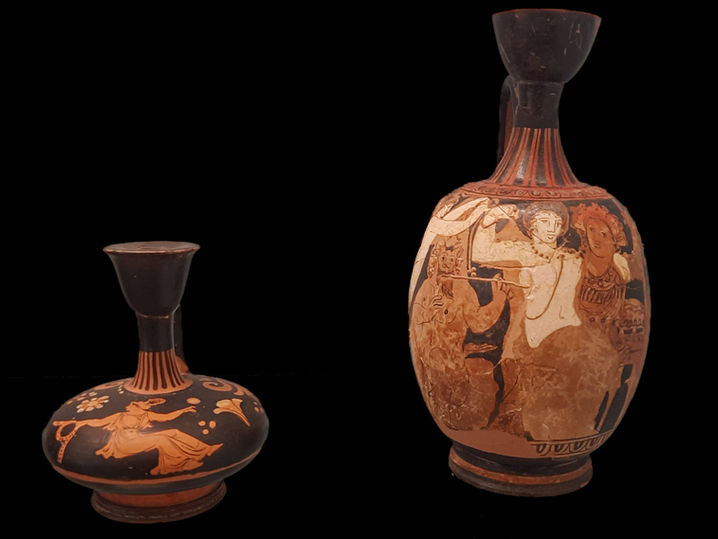As the Ottoman Empire weakened in the 18th century, the Sultan gradually lost grip on the Balkans. His efforts to modernise the Ottoman State with his Tanzimat movement of the mid 19th century was too little too late. A Russia fomented Orlof-rebellion in the Southern Peloponnesos had failed in 1770 but half a century later Greek freedom fighters started roaring again, in 1821. Assisted by foreign volunteers like Lord Byron, they managed to liberate the country from centuries of Turkish-Ottoman occupation, first in the Peloponnesos, then gradually moving North, to Attica, Athens and Thessaly. In 1830 an independent Greek Kingdom was constituted with a territory of what is now, roughly, Central Greece and the Peloponnesos. The Balkan Wars of 1912 and 1913 added the North and a number of Aegean islands to the country' territory. The islands of the Dodekanisos were only integrated into Greece after the Italian defeat in the Second World War. Visiting a folklore museum, one sometimes wonders how the people of this country have managed to preserve culture and genuine folk customs and art throughout the turbulent history of post-Byzantine and Modern times.
MODERN TIMES
Taking over and improving pottery techniques from Archaic Korinthos, Athenian workshops had become ’market leaders’ in the Hellenic world as from about 630 BC. They took over the Corinthian black figure style, but replaced the griffins, sphynxes and other species of monstrous creatures by the depiction of human beings, in line with the developing spirit in the ‘Athens of Classical times’: men and women, often in narrative scenes of mythology and legend. By 530 BC red figure pottery made its entry; red figures against a black background offered superior possibility to add subtle details as they could be painted onto the red body surface with black paint. Another 30 years later Athenians also developed a white-background technique, exclusively used for vases with ritual or funerary functions, as the surface painting was far more fragile than the red or black figure techniques. Late in the 5th century BC, however, decorative pottery went into decline, as high demand for murals and frescos in the growing city drew artisans away from the pottery business. By 320 BC Attican pottery production had all but died out.

© 2020.Created by Marc Van den Reeck with Wix.com























